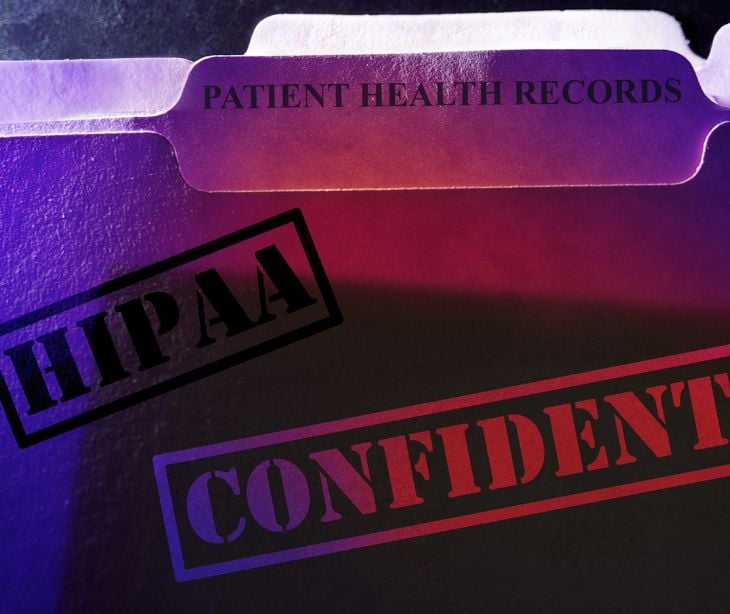
When accused of a HIPAA violation, one must immediately follow a systematic approach to address the situation. From gathering relevant information to cooperating with regulatory bodies and implementing corrective actions, each step plays a significant role in resolving the accusation and minimizing potential consequences.
Responding to an accusation of a HIPAA violation
The following steps can help guide an organization through the process and ensure a thorough and appropriate response:
Gather relevant information
Understand the specific allegations and the context in which they arose. Review any supporting documentation or evidence provided to clearly understand the situation.
Consult with legal counsel
Seek guidance from legal counsel specializing in healthcare and HIPAA compliance when facing a HIPAA violation accusation. An experienced attorney can provide expert advice based on the case's specific circumstances.
Conduct an internal investigation
Conducting an internal investigation to determine the facts surrounding the accusation. Initiate the investigation promptly and objectively evaluate the situation. Identify any potential violations and assess the severity. Thoroughly document the investigation process, including interviews, collected evidence, and any remedial actions taken.
Mitigate the breach
In the case of a breach of protected health information (PHI), it is necessary to take immediate steps to mitigate any potential harm or further disclosure of PHI. This may involve securing systems, notifying affected individuals, and implementing measures to prevent future breaches.
Cooperate with regulatory bodies
Cooperating fully with authorities if the accusation is reported to regulatory bodies such as the Office for Civil Rights (OCR). Organizations should provide all requested information, documentation, and assistance. Failure to cooperate can lead to additional penalties and consequences.
Evaluate HIPAA compliance policies and procedures
Review HIPAA compliance policies and procedures to identify gaps or weaknesses that may have contributed to the accusation. Strengthen policies to ensure future compliance and minimize the risk of further violations.
Take corrective actions
Take appropriate corrective actions. This may include disciplinary actions against employees involved, additional training for staff members, or revising policies and procedures to prevent similar incidents.
Communicate with affected parties
In the event of a breach that affects individuals' privacy, promptly communicate with affected parties. Affected individuals should be provided with accurate and timely information about the breach, the steps to address it, and any measures they can take to protect themselves.
Maintain thorough documentation
Throughout the process, you must maintain thorough documentation of all actions responding to the accusation. This includes the internal investigation, implemented corrective actions, communications with regulatory authorities, and remediation efforts.
Cooperate with audits and assessments
Cooperate fully with regulatory authorities and auditors who request additional audits or assessments. Demonstrating willingness to comply with regulatory requirements and cooperate with audits can minimize potential penalties or consequences.
Read more: How to develop HIPAA compliance policies and procedures
Subscribe to Paubox Weekly
Every Friday we'll bring you the most important news from Paubox. Our aim is to make you smarter, faster.





